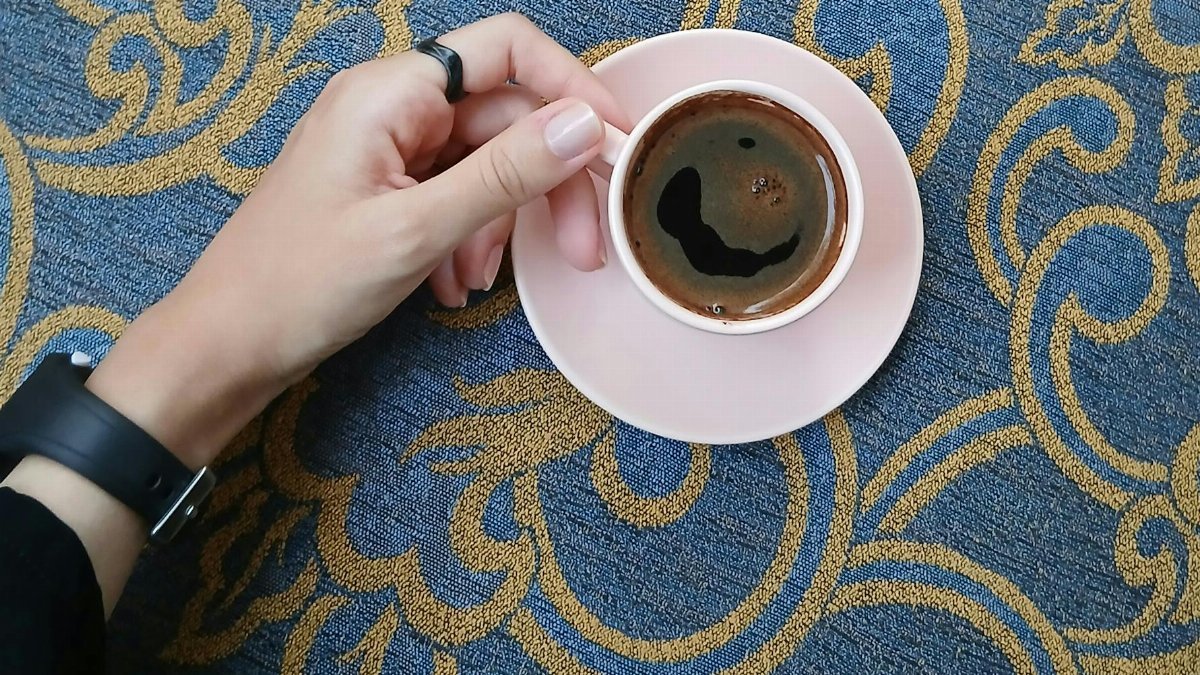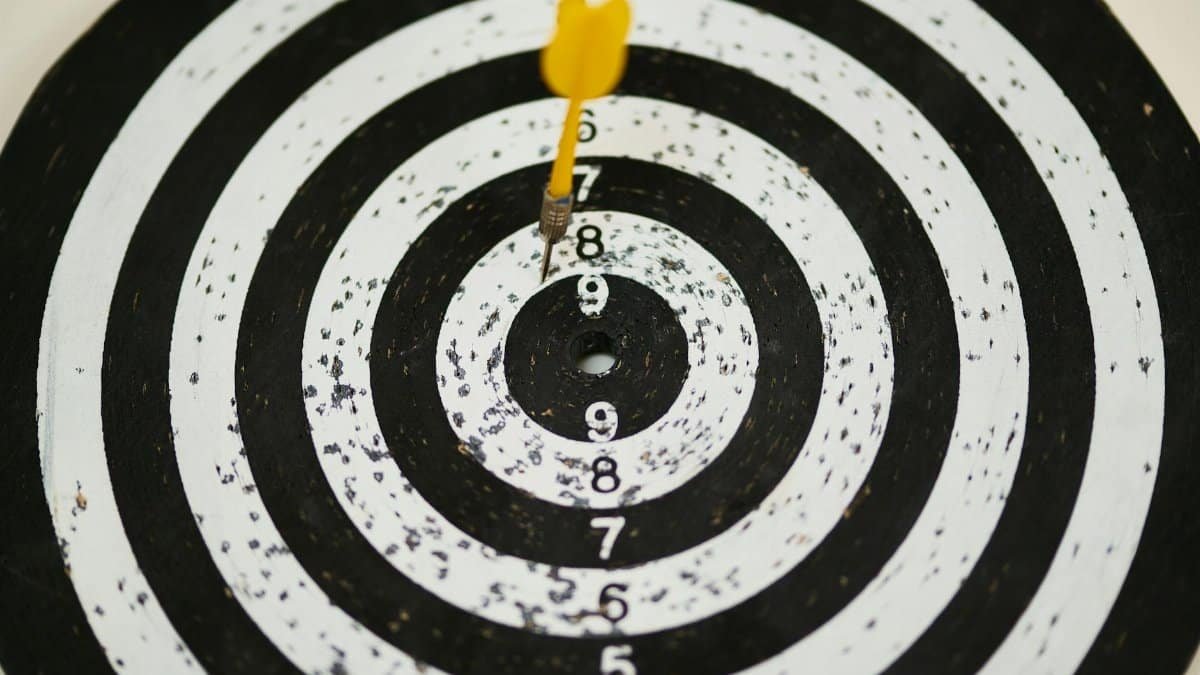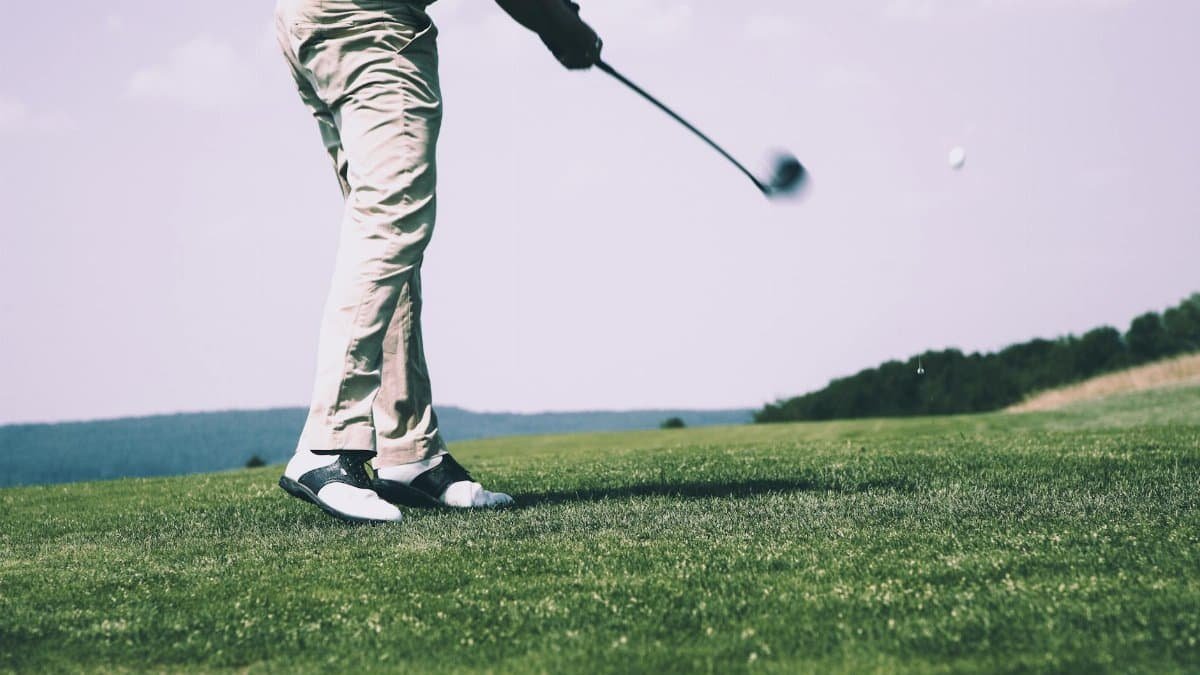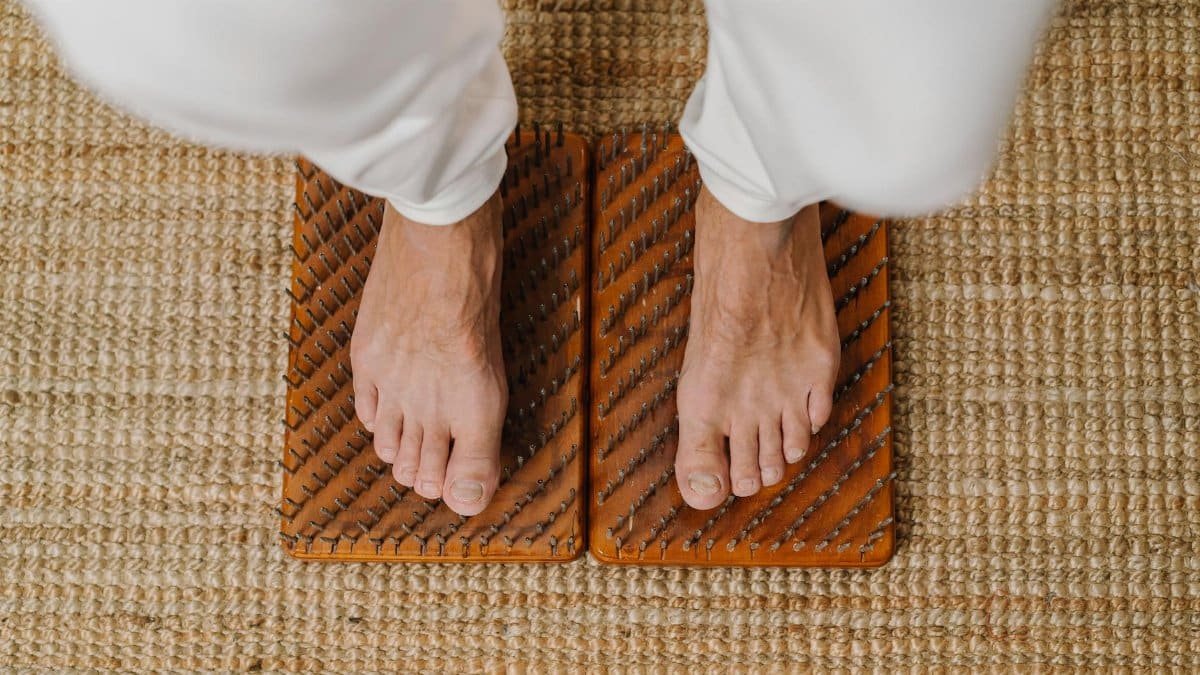Is wrist tap acupressure the quick fix for sugar cravings you’ve been searching for? This simple technique, rooted in traditional Chinese medicine, involves tapping specific points on the wrist to curb urges in under 30 seconds. Promising near-instant relief, it’s gaining traction among Americans battling food temptations in 2025. With rising interest in non-invasive self-care, this method offers a no-cost, on-the-go solution. Here’s what you need to know about how it works and why it’s catching on.
What Is Wrist Tap Acupressure?

Wrist tap acupressure is a targeted form of acupressure focusing on pressure points around the wrist to address physical and emotional imbalances. Often linked to reducing cravings, particularly for sugar or unhealthy snacks, it stimulates specific meridian points believed to regulate appetite and stress. Practitioners claim a quick 30-second session can interrupt the brain’s craving signals. While rooted in ancient practices, it’s now being adapted for modern wellness routines.
How Does It Target Cravings?

The technique zeroes in on two key wrist points often associated with appetite control and stress relief. By tapping or applying firm pressure, users aim to disrupt the neurological loop that fuels cravings. Some theories suggest this activates the body’s parasympathetic response, calming the urge to overeat. It’s not a cure-all, but many report feeling a noticeable dip in desire for sweets after a brief session.
Step-by-Step Guide to Try It

Ready to test wrist tap acupressure? Start by locating the inner wrist crease, about two finger-widths from the base of your palm. Tap firmly with your opposite hand’s fingers for 15-30 seconds while breathing deeply. Switch wrists and repeat. Focus on your craving diminishing as you tap. It’s simple, discreet, and can be done anywhere—whether at work or before a tempting meal.
What Does Science Say?

While anecdotal evidence abounds, hard data on wrist tap acupressure for cravings is limited. Studies on broader acupressure techniques show mixed results for appetite control, with some indicating stress reduction as a key benefit. A 2019 review by the National Center for Complementary and Integrative Health suggests acupressure may influence stress hormones like cortisol, which often drive emotional eating. More targeted research is needed, but early findings hint at potential. Check the latest insights at NCCIH.
Who’s Using It in 2025?

From busy professionals to fitness enthusiasts, wrist tap acupressure is popping up in U.S. self-care circles this year. Social media platforms like TikTok feature users sharing quick demos, claiming it helps resist late-night snacking. Wellness blogs and mental health advocates also tout it as a mindfulness tool. While not mainstream yet, its accessibility—no tools or training required—makes it a growing trend among those seeking natural craving control.
Limitations to Keep in Mind

This isn’t a magic bullet. Wrist tap acupressure may not work for everyone, especially if cravings stem from deeper nutritional deficiencies or psychological triggers. Experts caution against relying solely on it without addressing diet or lifestyle. Additionally, overstimulation of pressure points can cause discomfort if done incorrectly. For balanced guidance, consult resources from trusted health bodies like NIH Health Information.
Why It’s Worth a Shot

With no cost, no side effects, and minimal time commitment, wrist tap acupressure offers a low-risk way to tackle cravings. It’s a small but practical tool in the mental health and self-care toolkit, especially for those avoiding medication or invasive methods. As interest grows in 2025, it’s an accessible entry point to explore holistic wellness. Give it a try next time a sugar urge hits—you might be surprised.
